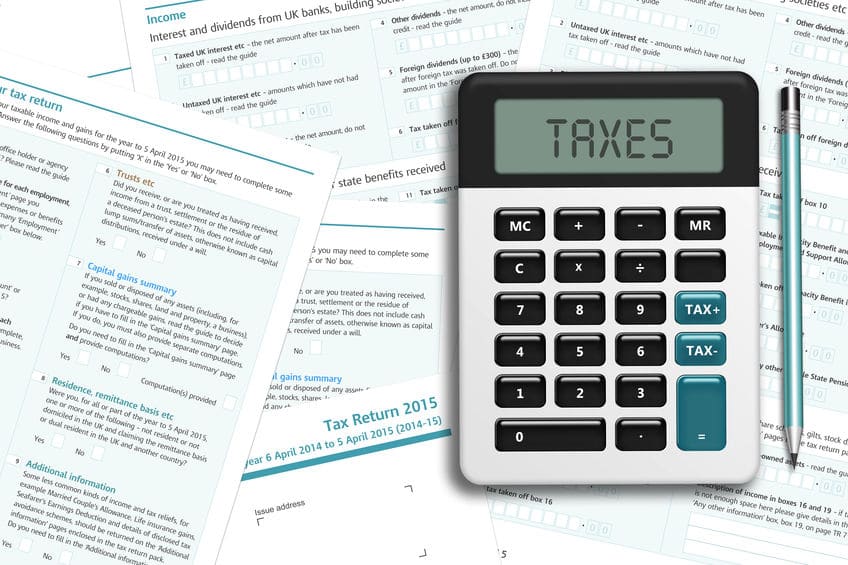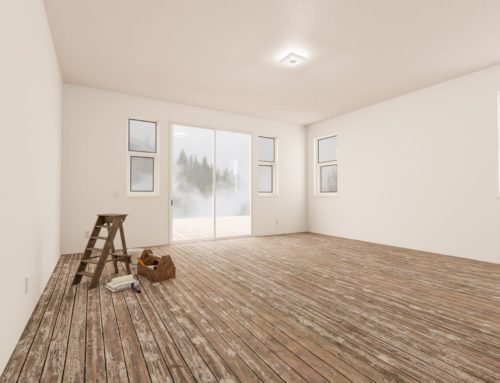Buying or selling real estate in Connecticut will always come with some tax implications. To help you in your preparations for selling your home, you must know all of the costs involved in the transaction, including the taxes that you may be liable for. There are already several activities and costs involved, so this will help you understand what you should expect so you can plan and budget accordingly. The tax implications of your sale will differ depending on several factors, including the value of your property, the neighborhood you live in, the county, the housing market, and more. To help you on your journey, here is everything you need to know about the tax implications when selling your home in Connecticut.
Conveyance Tax
The real estate conveyance tax in Connecticut is split into two parts to make up the total tax amount. This includes the municipal tax and the state tax. The municipal tax is based on the location of the property, and the state tax is based on the price of the property. The Connecticut state law says that a person must pay tax on the property’s conveyance if the property is sold for anything greater than $2000. The tax is calculated using a percentage between 1% and 2.75% of the sale price. It is up to the seller to pay the tax before there is any recording of the deed. The tax is collected by the municipal town clerks, who remit the state share to the state Department of Revenue Services (DRS).
There are several exemptions to the conveyance tax, these include:
- The transfer of the property to a non-profit organization
- The purchase price is less than the money owed on the mortgage
- Transfers between spouses
And more. Your real estate agent will be able to help you work out how much tax you may have to pay.
Taxes on Real Estate Profits
When you sell your home, you may not have to pay any federal taxes on your real estate property. The regulations in Connecticut are the same as those at the federal level. You will have to meet the following requirements for tax-free gains:
- The profits gained from selling the property as a single individual are no greater than $250,000
- The profits gained from selling the property as a married couple are no greater than $500,000
- The property that you own is your main residence and has been for at least 2 out of the 5 years before you put the property on the market
- You have not gained profits from the sale of another property in the last two years that has been excluded from taxes (this applies to both spouses)
If you sell your principal home for a profit less than $200,000 (or $500,000 if you are filing jointly) then this applies for an unlimited amount of time. It applies to apartments and condominiums, as well as houses. If you are on qualified official extended duty in the Uniformed Services, then the period of 5 years may be extended to 10 years to help meet the ownership and used tests.
If your spouse is deceased, the $500,000 exclusion can still be used under the following conditions:
- The property is sold within 2 years of your spouse passing away
- You are not remarried
- No exclusions have been used within 2 years of the property going on sale
- The property has been owned and occupied by you
Tax Breaks
In some instances, you may be eligible for a tax break or relief on real estate taxes owed. For example, volunteer workers, such as emergency personnel and firefighters are eligible for a discount on tax fees on real estate. This is also the same for people over the age of 65 years old, who own their home, whether they are married or single.
Connecticut offers a range of tax incentives, which can be helpful for those selling their home and owe taxes. You will need to check the regulations at the time of selling your property, but it may be possible to deduct the cost of any repairs that you made to the property, the assessments of the property, the marketing, the closing costs, and even the moving costs.
When selling a home, work with a good professional Certified Public Accountant or Attorney to make sure your plans are complaint with the tax code. It will save you from any future tax surprises.
Venture One Realty has recognized that Connecticut Homeowners need and want a way to keep more of their hard-earned equity when selling their home. Our Clients save Thousands of Dollars without sacrificing the services that are critical to maximizing the sale price of their home. We offer all the same MLS exposure, marketing tools, technology, quality of service, expertise, and personal attention as the Other Realty Companies but without the costly Real Estate Commission. You pay only 1%.
We are a full-service Real Estate Agency that will manage the entire home selling process from listing to closing. You get everything you would expect from a traditional Real Estate Agent but with the added benefit of working with a technology-enabled and customer-focused team of Agents. Our results speak for themselves.






